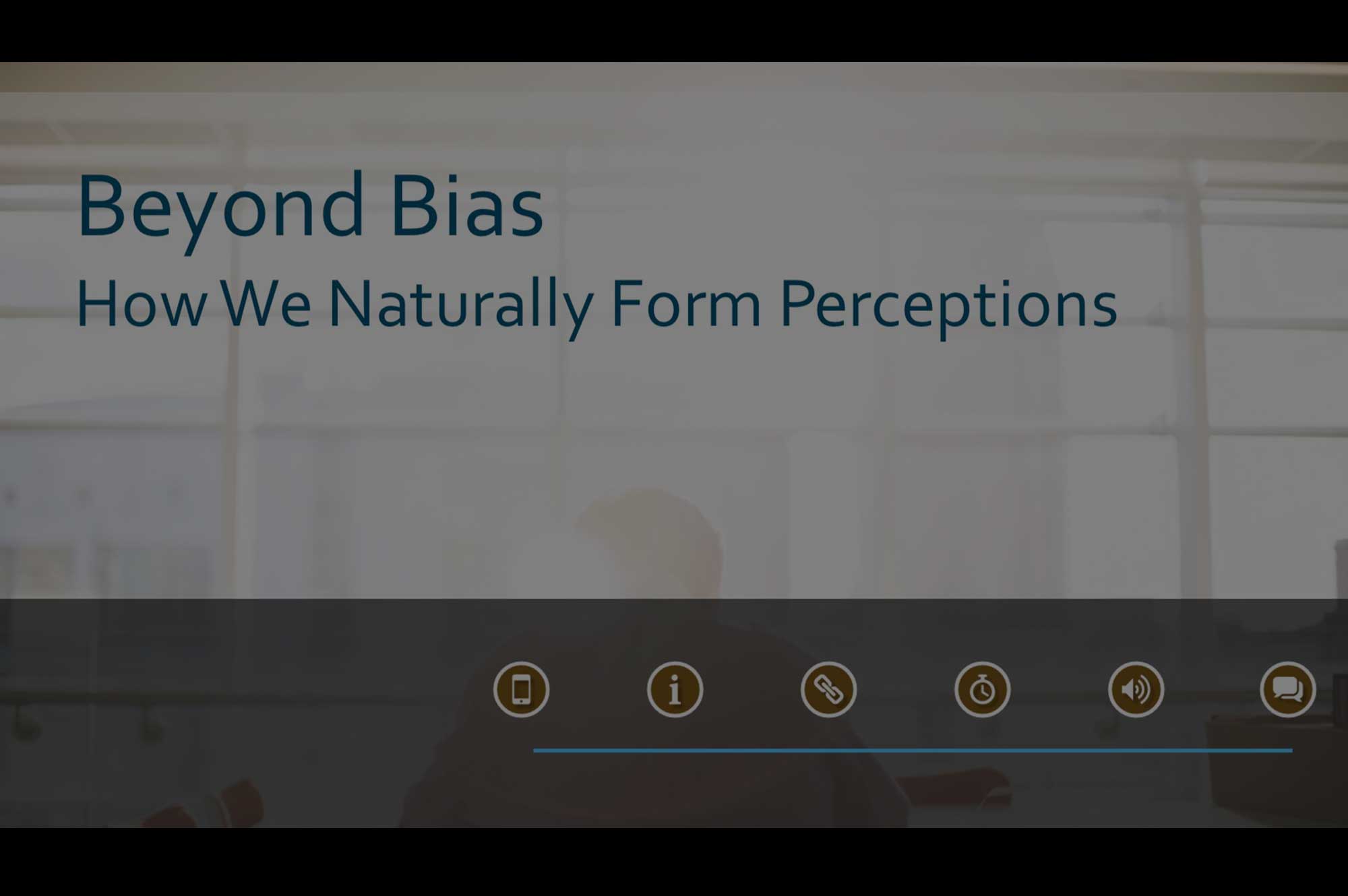Integrity measures how well the leader adheres to the set of values and principles that they espouse; that is, how well they can be trusted to “walk the talk.”
Leaders who demonstrate integrity operate in an open and transparent manner with a high level of authenticity and credibility. Leaders with integrity are consistent in their actions, values, and expectations. They do the right thing for the right reason, regardless of the circumstances.
Integrity has been described as
“choosing courage over comfort; choosing what’s right over what’s fun, fast, or easy; and it’s practicing your values not just professing them.”
When an individual perceives that their leader has integrity, they have confidence in what their leader says and are more likely to trust their decisions and follow their directions; this is a foundation of successful leadership.
These courses are ones recommended by B.C. Corrections to fulfill the competencies for the topic of Integrity.
This Public Service Agency course focuses on the broad range of knowledge and skills that all excluded managers are expected to have to work effectively in government (From: Public Service Agency; Mode: In-person, scheduled course; Next offered: TBA).
In this workshop, Marli Rusen will introduce leaders to her MIRROR Method - a practical and legally defensible framework to follow to ensure that they conduct - and are seen to conduct - fair and objective workplace reviews (From: Marli Rusen; Mode: In-person, scheduled course; Next offered: TBA).
This course explores the key characteristics of effective leaders who naturally influence and, as a result, build trust with others. (From: JIBC; Mode: Independent learning, online module; Next offered: ongoing)
Unconscious bias is a phenomenon that all humans engage as a mechanism to help explain and understand our surroundings. Unfortunately, it can inhibit our interactions and make us draw conclusions that are incorrect (From: JIBC; Mode: Independent learning, online module; Next offered: ongoing).
At the core of being an effective leader is the knowledge of who you are in order to lead authentically. In this course, learners will gain a deeper understanding of their personal leadership style and its impact on others (From: JIBC; Mode: In-person, scheduled course; Next offered: n/a)
Look here for a random selection of additional audio, video, and readings to expand an understanding of Integrity.
This discussion paper from the Smith School of Business Centre for Social Impact reviews the elements of integrity and shows how to judge leader integrity. The paper offers ways to develop integrity by understanding your personal values; to act with integrity by leading with your values; and to repair trust when mistakes are made (Paper).






